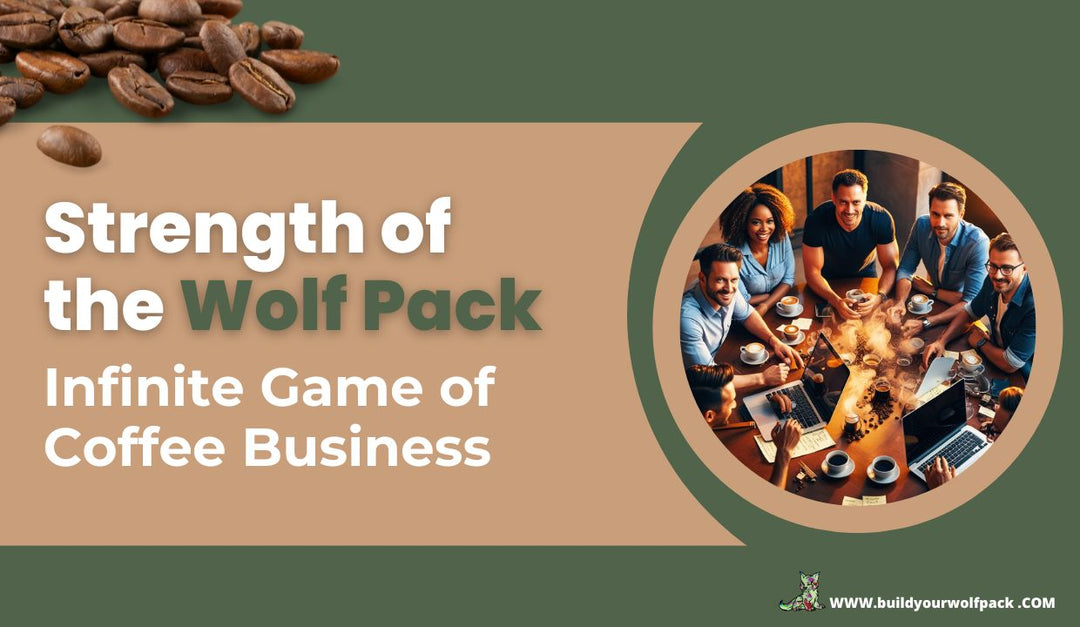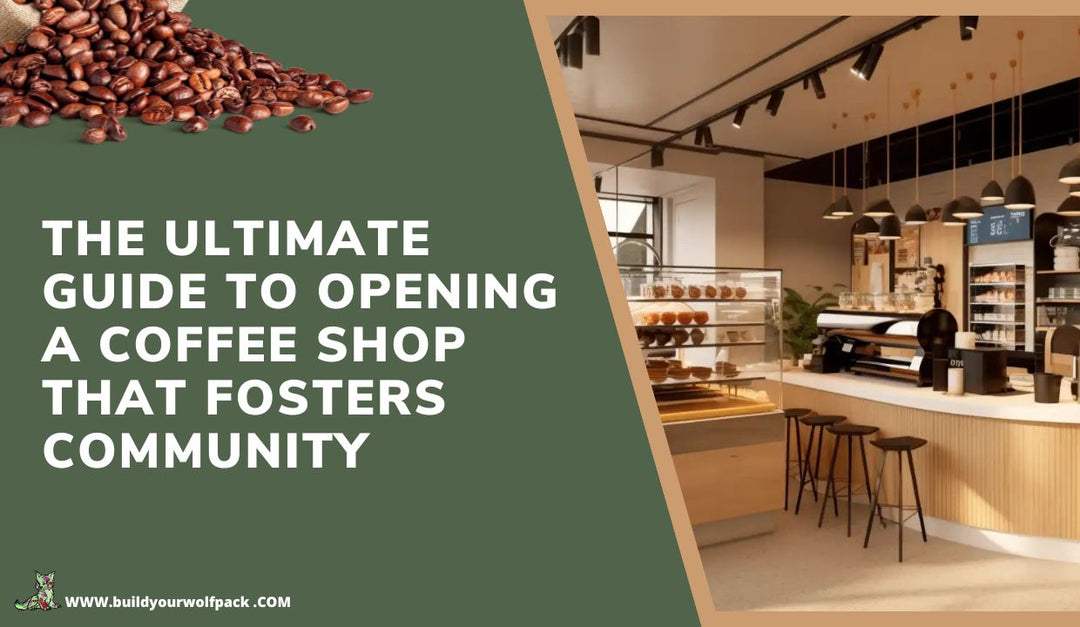Socratic Facilitation: Transforming Education, Business and Personal Development

In an era where information is abundant but true understanding is rare, Socratic facilitation emerges as a transformative tool to deepen critical thinking and foster meaningful dialogue. Rooted in the ancient practices of the philosopher Socrates, this method goes beyond mere questioning—it's a process of guiding conversations that lead to profound insights and personal growth. In this script, we'll explore what Socratic facilitation is, how it works, and why it's a transformative approach in education, business, leadership, and personal development.
What is Socratic Facilitation?
Socratic facilitation is more than just a technique—it's a method of engaging participants in a dialogue that challenges them to explore their ideas and beliefs deeply. Through guided questioning, participants are encouraged to think critically, examine their assumptions, and arrive at conclusions based on reasoned analysis. Unlike traditional teaching methods that rely on imparting knowledge, Socratic facilitation emphasizes the process of discovery and the importance of the journey over the destination.
At its core, Socratic facilitation is about empowering individuals to take ownership of their learning. The facilitator's role is not to provide answers but to ask the right questions that lead participants to uncover the truth on their own. This process fosters a deeper connection to the material, as participants are actively engaged in constructing their understanding rather than passively receiving information.
Related Article: A Sustainable Coffee Business Model: Building a Community-Driven Brand
The Principles of Socratic Facilitation
1. Guided Inquiry:
The foundation of Socratic facilitation is the use of questions to guide participants toward a deeper understanding of the topic at hand. These questions are carefully crafted to be open-ended, allowing for multiple perspectives and encouraging participants to think critically. For example, rather than asking, "What is the right answer?" a facilitator might ask, "What are the different ways we can approach this problem?" or "How does this idea relate to our previous discussion?"
2. Active Listening:
A successful Socratic facilitator listens attentively to participants' responses. Active listening is crucial because it enables the facilitator to ask follow-up questions that delve deeper into the participant's thought process. By paying close attention to what is being said, the facilitator can guide the conversation in a direction that encourages further exploration and reflection. This active engagement creates a dynamic learning environment where participants feel valued and heard, fostering a sense of trust and openness that is essential for meaningful dialogue.
3. Non-Judgmental Approach:
The facilitator must create a safe environment where participants feel comfortable expressing their thoughts without fear of judgment. This requires the facilitator to remain neutral, refraining from imposing their own opinions or steering the conversation in a particular direction. By fostering an atmosphere of openness and respect, participants are more likely to share their true thoughts and feelings, leading to more honest and meaningful discussions.
4. Patience and Reflection:
Socratic facilitation is not a rushed process. It requires patience, both from the facilitator and the participants. The facilitator must be willing to allow pauses in the conversation, giving participants time to think deeply and reflect on their answers. This reflective pause is where much of the learning occurs, as participants are given the space to consider different perspectives and refine their ideas.
5. Encouraging Dialogue:
The Socratic Method thrives on dialogue. Rather than a one-sided conversation, Socratic facilitation involves a continuous exchange of ideas between the facilitator and participants. This back-and-forth allows for a richer exploration of the topic and helps participants build on each other's thoughts. The facilitator's role is to keep the dialogue flowing, ensuring that everyone has the opportunity to contribute and that the conversation stays focused on the subject matter.
The Role of the Facilitator
The facilitator in a Socratic dialogue is more of a guide than a traditional instructor. Their role is to help participants navigate their thoughts and ideas without leading them to a predetermined conclusion. The facilitator must remain neutral, refraining from sharing their opinions or directing the conversation. Instead, they focus on asking questions that encourage participants to explore the topic from multiple angles and consider different perspectives.
A key aspect of the facilitator's role is to create an environment where participants feel comfortable sharing their thoughts and ideas. This requires the facilitator to be mindful of the group dynamics, ensuring that everyone has an opportunity to speak and that no one dominates the conversation. The facilitator must also be skilled in managing disagreements and conflicts that may arise, guiding the group toward a resolution without imposing their own views.
Practical Applications of Socratic Facilitation
Socratic facilitation has a wide range of applications in various fields, each benefiting from the deep, reflective thinking it encourages.
1. Education:
In educational settings, Socratic facilitation is used to promote critical thinking and deep learning. Rather than focusing on rote memorization, students engage in discussions that challenge their understanding and encourage them to think critically about the material. For example, in a literature class, a teacher might use Socratic questioning to explore the themes of a novel, asking students to consider the motivations of different characters or the broader societal implications of the story. This approach not only deepens students' comprehension of the text but also helps them develop the ability to analyze and synthesize information, skills that are crucial in all areas of learning.
2. Business and Leadership:
In the corporate world, Socratic facilitation can be a valuable tool for leadership development and team building. By encouraging employees to explore their ideas and challenge assumptions, leaders can foster a culture of innovation and collaboration. For example, during a brainstorming session, a leader might use Socratic questioning to encourage the team to think outside the box and consider unconventional solutions to a problem.
Read More: More Than Just Coffee: Building a Community-Centric Coffee Brand
3. Conflict Resolution:
Socratic facilitation can also be effective in resolving conflicts. By guiding the parties involved through a series of questions, the facilitator can help them uncover underlying issues and work toward a mutually beneficial solution. For example, in a workplace dispute, a facilitator might use Socratic questioning to help the parties involved understand each other's perspectives and find common ground.
4. Personal Development:
On a more individual level, Socratic facilitation can be used as a tool for personal growth. By engaging in self-reflection and critical questioning, individuals can gain a deeper understanding of their values, beliefs, and motivations. This process can lead to greater self-awareness and a more intentional approach to life.
Related Article: Key Business and Brand Development Strategy for Coffee Entrepreneurs
Challenges and Considerations
Socratic facilitation is a powerful yet challenging tool that requires facilitators to craft meaningful questions, manage group dynamics, and maintain neutrality. Facilitators must skillfully navigate situations where participants may be resistant or defensive, and avoid imposing their own views, ensuring an inclusive environment where all voices are heard. Though the process can be time-consuming and requires ongoing commitment, its value lies in fostering deep dialogue and reflection.
Conclusion
Socratic facilitation is a mindset rooted in curiosity and a commitment to deep inquiry. It fosters meaningful connections and critical thinking across education, business, and personal development. In a fast-paced world, it emphasizes the value of asking the right questions and engaging in thoughtful dialogue.




